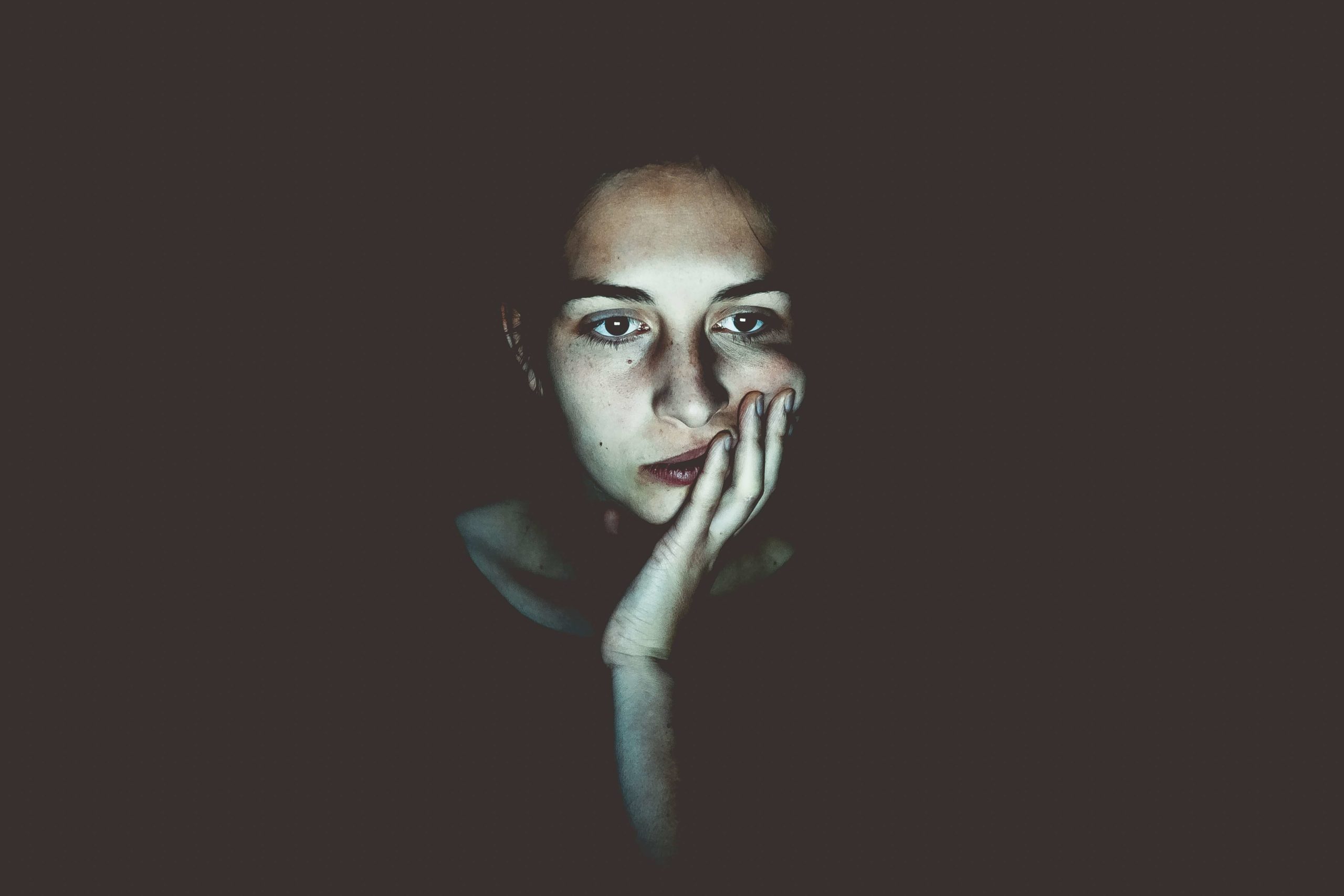
When asked: why do you actually sleep? The usual answer is – because it is important for my regeneration. It would seem, therefore, that sleep should come naturally every night to help us rest. Unfortunately, according to the American Academy of Sleep Medicine, problems with sleep have been reported at even 10% of the population. What mechanisms are responsible for the inability to fall asleep and our sleepless nights making us exhausted?
The importance of sleep for our correct functioning also shows how serious the consequences of sleep deprivation can be. Experiments conducted on rats have shown that merely 10 days without sleep may lead to death. Despite the fact that the rats consumed more food than usual, it did not prevent them from dying. It is still not clear what the exact death cause was but the correlation between the lack of sleep and death seems obvious. Just one sleepless night has outcomes that last for seven subsequent days.
What is a proper sleep?
Sleep is nothing less than a physiological condition when external stimuli do not reach us in the same manner like while being conscious. We are insensitive to stimuli; our physical activity decreases to a minimum and various changes may be observed in the brain with the use of EEG. The decision-making process whether there is time to sleep or to stay awake has not been thoroughly researched yet. So far, we know that there is a specific conflict in the nervous system when some cells signal sleep whereas other opt for daily activity. This is of course a very general and simplified description of processes occurring before falling asleep. It is worth to add that the proper sleep is connected to our natural optimal circadian rhythm which allows us to make optimal use of our mental and physical potential. Melatonin is the biological element required for a correct falling asleep. This hormone is produced by one of the most interesting and mysterious organs in our body – the pineal gland. Eighty percent of melatonin is secreted at night, and its task is to regulate biological processes that take place both during the day and night. When melatonin is at optimal levels we have no sleep problems and we feel rested and ready to act after waking up. Melatonin secretion disorders are among sources of sleep problems.
Why can`t I sleep?!
Insomnia has been the subject of interest of researchers from various fields around the world. Last year 7 genes were discovered that may be responsible for sleep problems resulting from neuronal communication dysfunctions. The research was conducted with the participation of nearly 114 000 people thanks to whom it was possible to notice that the selected genes are also responsible for emotional problems, phobias or even depression. It seems that the times when insomnia was thought to be solely a mental problem are long gone. The sources of sleep problems can be single factors but also whole sets of factors. The lack of sleep may be associated with a difficult time in life, increased amount of cortisol in the blood (stress hormone) or may as well be the effect of taking certain drugs. Stress is often underestimated reason for insomnia. It results in muscle tension, high blood pressure and faster heart rate. These symptoms directly affect the process of falling asleep. It is worth noting that the quality of sleep is also determined based on latency time. Latency is a timespan from getting into bed to falling asleep. Problems with falling asleep are one of the most common symptoms of insomnia. When they are not caused by a complex mechanism, e.g. result of taking medications (some antidepressants can cause insomnia), we can unconsciously trigger them by ourselves. Checking the time impulsively, forcing oneself to fall asleep, counting down the hours left to the alarm or rush of thoughts – all this stresses us even more and prevents from falling asleep, to some extent, at our own request. The awareness of sleep quality and processes or factors that can cause disorders will be a good step to eliminate some problems. If our difficulties with falling asleep or sleeping well do not require pharmacological treatment, it is worth checking how natural aids would help us. One of the tricks is drinking lemon balm or valerian infusion as it improves sleep quality. Additionally, we may try to use lavender fragrance oil or acupuncture. Airing your bedroom before getting to bed, as well as cutting on caffeine and other “uppers” in the afternoon is a must.




